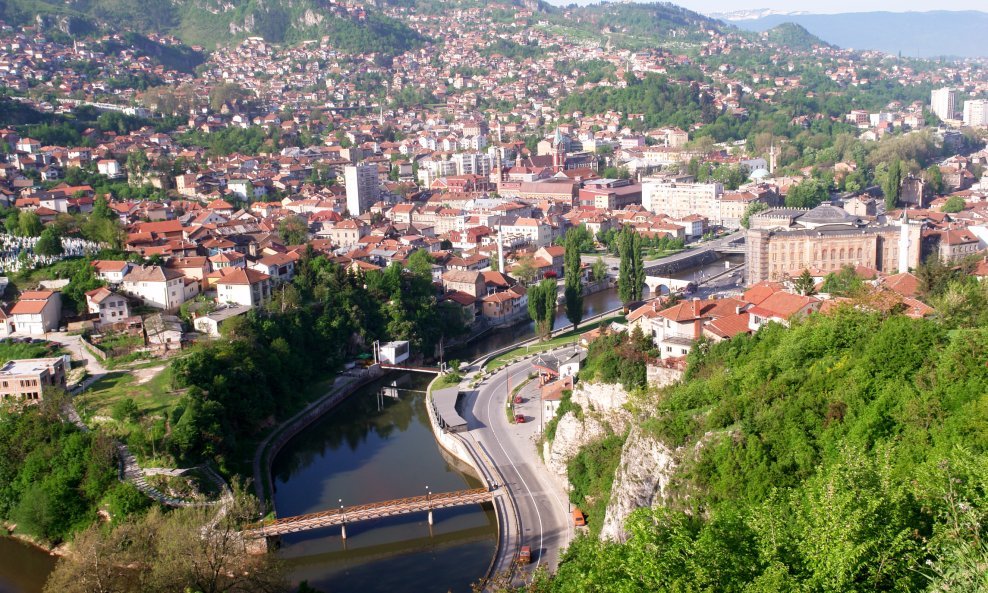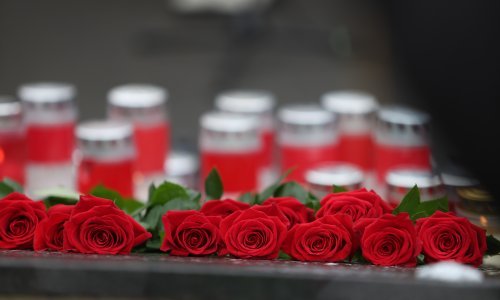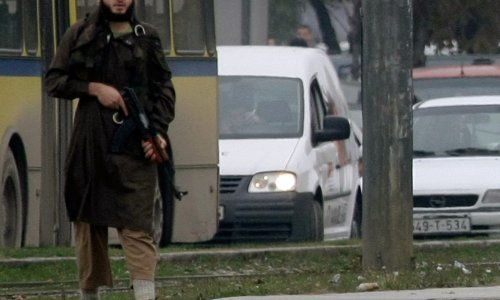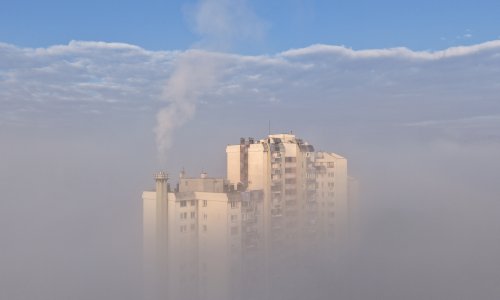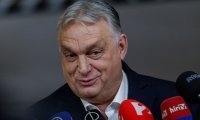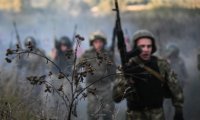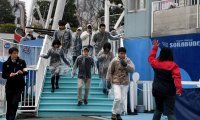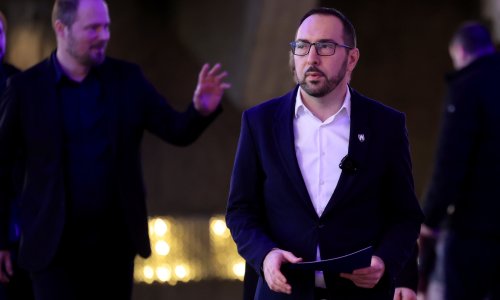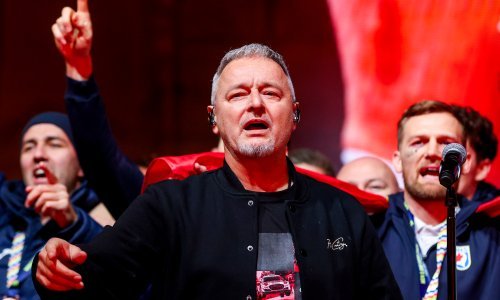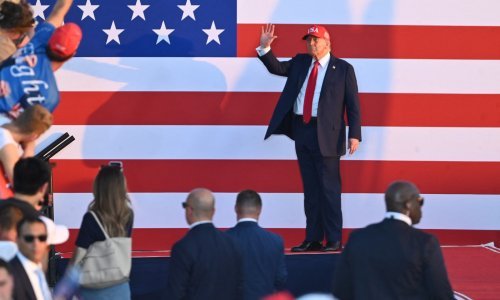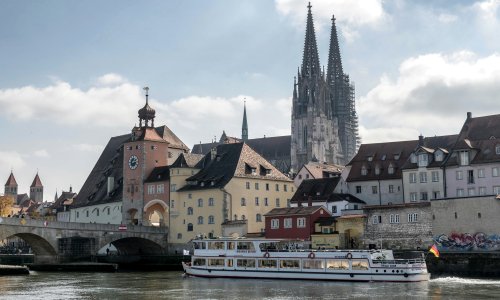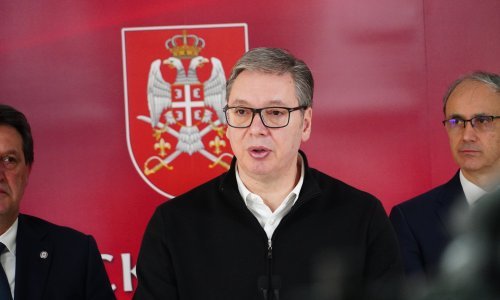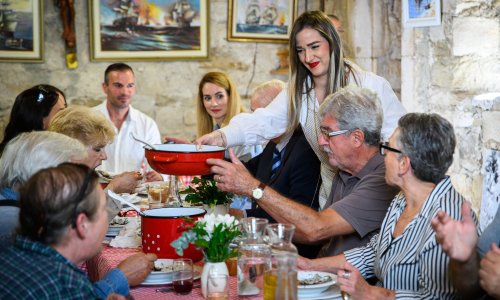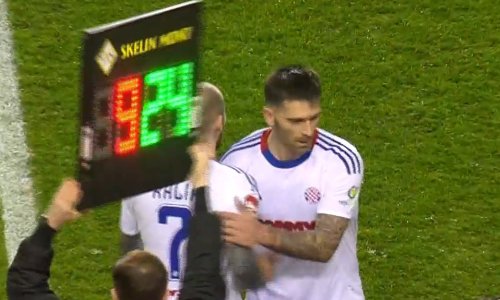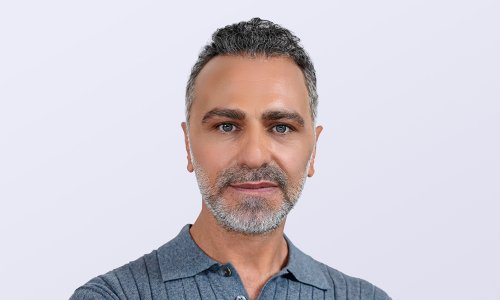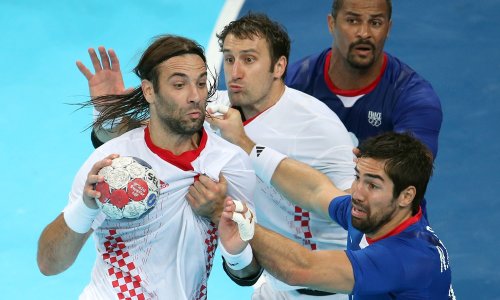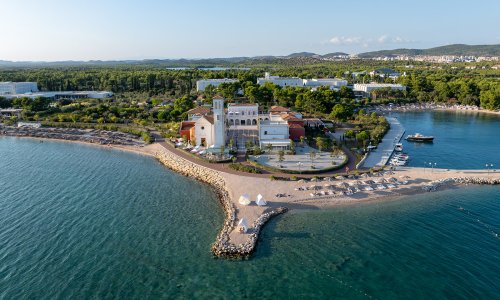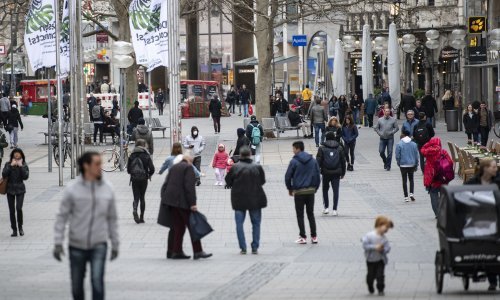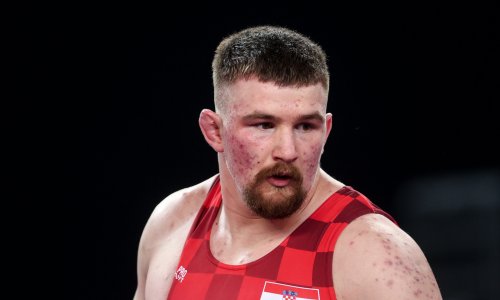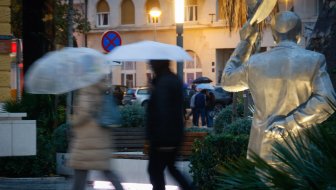Despite the existing differences, all ordinary people are united in their desire for peace, security and wellbeing, and religious leaders are invited to work together on achieving that goal, Croatian President Ivo Josipovic said in his address to the World Meeting for Peace in Sarajevo on Sunday.
The meeting was organised by the Community of Saint Egidio from Italy, which has been promoting ecumenism for 25 years, under the motto "Our future is to live together". It brought together several hundred people, representatives of nearly all major religions, and the founder of the Community of St Egidio, Andrea Riccardi, who also serves as Italy's Minister for International Cooperation, said that the idea of living together remained a big challenge to humanity and therefore required constant support and commitment.
Josipovic said that Southeast Europe was an area where Roman Catholicism, Eastern Orthodoxy and Protestantism as well as Islamic and Jewish religious traditions had co-existed for centuries.
This region, unfortunately, also saw conflicts and human suffering completely unacceptable to civilised societies, which was the result of "shameful mistakes and irresponsibility," Josipovic said. "Too much time was spent on negotiations with those responsible for crimes. I want to believe that those times are gone forever and that reason, reconciliation and cooperation have prevailed," he added.
"The most important thing for us to do is to send a message to Europe that there should be no room for ideas that humiliate, endanger or insult any person. Europe must be a safe house for each and every one of its residents, and crises and obstacles must not be an excuse for shutting its doors," Josipovic said, adding that in that context Croatia would provide full support to its neighbours on their path to EU integration.
The meeting was opened by the President of the Presidency of Bosnia and Herzegovina, Bakir Izetbegovic, who said that it was very important that a message of coexistence and tolerance was sent from a city which in its most difficult times had not given up advocating humanism.
"Here it is about whether the idea of living together or the idea of separation will prevail," Izetbegovic said. He added that if the idea of living together failed to survive in Bosnia, it would hardly survive anywhere else in the world.
The head of the Serbian Orthodox Church, Irinej, who was in Sarajevo for the first time since he was appointed as Patriarch, said that peace was the fundamental message of all religions and that it should therefore be reaffirmed all the time.
Recalling the suffering of the Balkan peoples through history, Irinej said that it should be regarded as a warning for the future and a call for mutual acceptance, respect and reconciliation.
The head of the Islamic community in Bosnia and Herzegovina, Mustafa Ceric, spoke of the destruction of Sarajevo during the 1992-1995 war and the killing of more than 10,000 of its residents.
"They deserve more than anything else our vow to God and humanity that we will do all we can so that something like that never happens again to anyone," Ceric said. "Peace and not war, security and not terrorism, is the wish and need of all well-meaning people," he said, adding that it was also important to send a message of peace for Syria which was suffering today.
The Roman Catholic Archbishop of Sarajevo, Cardinal Vinko Puljic, stressed the need to send out a joint message of peace from Sarajevo, saying that peace could only be built on the foundations of truth and justice. "It is not only possible to live together but it is also the only future we can wish for humanity," he said.
The head of the Jewish community in Bosnia and Herzegovina, Jakob Finci, said that peace had a special meaning for everyone who had survived a war. He stressed that one can survive only by respecting the others and those who are different.
Promoting links between different religions, Ceric presented the Chief Rabbi of Israel, Oded Wiener, a copy of the Sarajevo Haggadah, a manuscript that contains the illustrated traditional text of the Passover Haggadah.
The State Secretary of the Holy See, Cardinal Tarcisio Bertone, sent a letter to the meeting on behalf of Pope Benedict XVI, saying that the Holy Father advocated peace in the world and was preparing for a visit to the Lebanon.
European Council President Herman van Rompuy greeted those present by saying that Sarajevo remained a lasting symbol of suffering and of coexistence, stressing that the suffering it had experienced during the war should never happen again and that the values of the united Europe, which is based on a civilisation of coexistence, were a lasting guarantee for that.
Without the European Union, there will never, and I repeat never, be a lasting peace in the Balkans, Van Rompuy said.
Italian Prime Minister Mario Monti said that globalisation was imposing new challenges, the biggest of them being how to build societies rich in differences. The Balkans is a symbol of all the troubles on that way, but also of the possibilities that are on offer, he said, adding that the most dangerous crises are those that undermine the humane foundations on which Europe is created.
The idea of a united Europe is based on the need to build a lasting peace. I hope that this integration of different countries will be fruitful. The common currency, the euro, should be preserved because it is the peak of a Gothic building that is the European Union, the Italian PM said.
The World Meeting for Peace continues until September 11 through some 30 panels that will discuss challenges of building peace and cooperation among religions. A joint appeal for peace is expected to be issued at the end of the conference.



